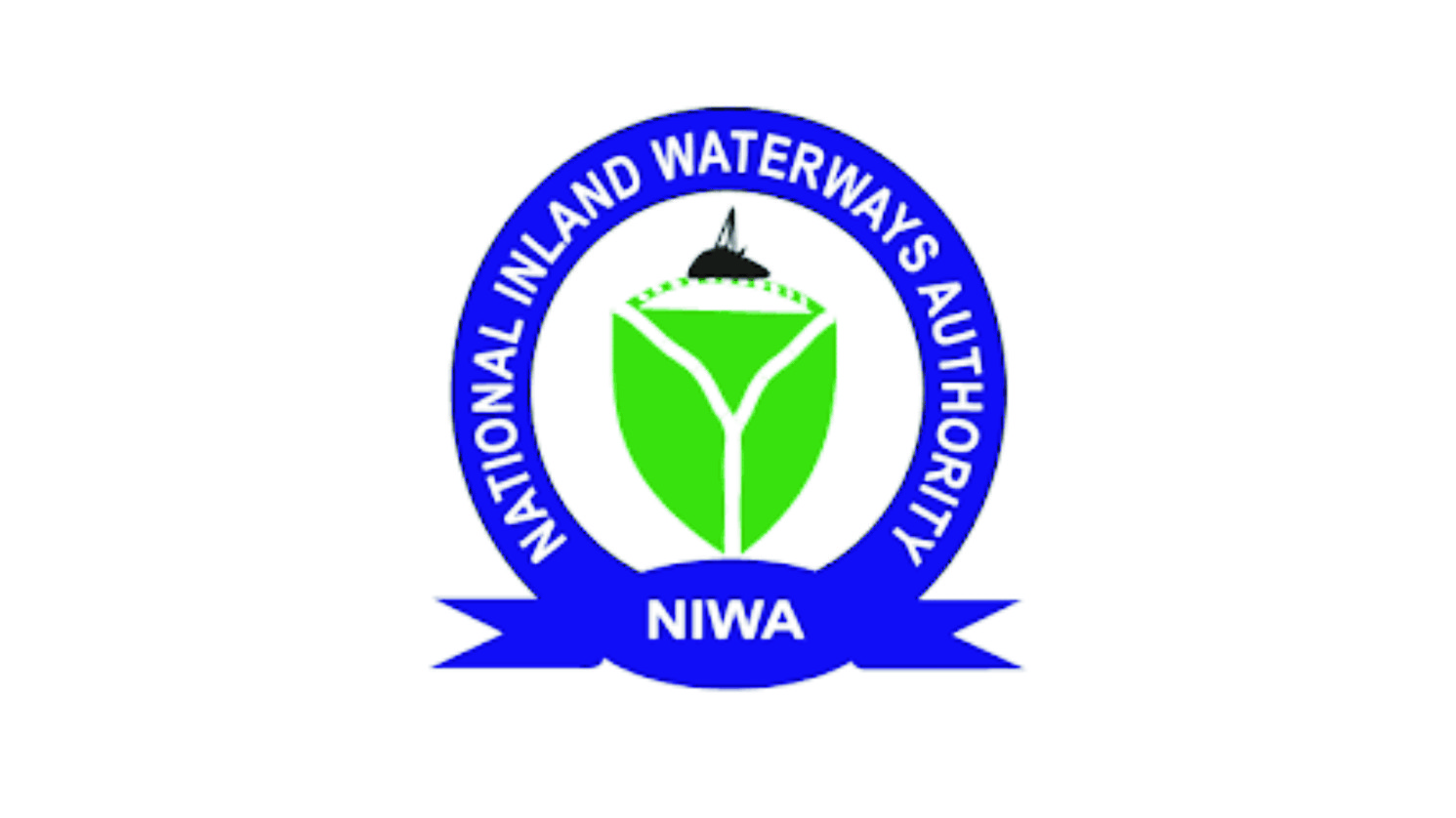Business
Human Capital Deficit Cost Nigeria USD380bn Capital Flight, Others – NCDMB

Executive Secretary, Nigerian Content Development and Monitoring Board (NCDMB), Engr. Felix Omatsola-Ogbe, has said the earlier phase of the nation’s oil and gas industry was marked by capital flight amounting to an estimated US$380 billion and loss of about two million jobs as a result of human capital deficits, and less than five per cent local content.
Ogbe stated this recently at the Nigerian Content Tower (NCT), Corporate Headquarters of the Board in Yenagoa, the Bayelsa State capital, during an interactive session with a visiting team of ranking military officers from the Nigerian Army Resource Centre (NARC), Abuja.
The Tide learnt that the Officers were in the state on a local study tour.
The NCDMB boss, who presented a portrait of Nigeria’s oil and gas industry in its first 50 years of operation and the highpoints in implementation of the Nigerian Oil and Gas Industry Content Development (NOGICD) Act, 2010, said the country was now making headway in the oil and gas industry with the existence of the NOGICD Act.
“The earlier phase of the oil and gas industry in Nigeria was marked by capital flight amounting to an estimated US$380 billion, loss of two million jobs as a result of human capital deficits, and less than five per cent in local content.
“In sharp contrast, the Post-NOGICD Act era has witnessed phenomenal development of in-country capacity and capabilities as a result of creative enforcement and monitoring of industry operations as well as strategic interventions by the NCDMB”, he said.
He explained that local content hit 56 per cent at the end of 2023, translating into in-country retention of 56 per cent of what the oil and gas industry spends on operations yearly, describing the feat that has made the NOGICD Act and implementation strategies as the model for other oil and gas-producing countries in Africa.
He emphasized that the target for the NCDMB was 70 per cent in 2027 implementation of local content, while also declaring that the Board wants to ensure that equipment and tools as well as services required for oil and gas operations are made and procured in Nigeria.
Ariwera Ibibo-Howells, Yenagoa
Business
Agency Boss Seeks Improvement In Revenue Collection, Accountability

The Managing Director of National Inland Waterways Authority (NIWA), Mr. Bola Oyebamiji, has called on the management and staff of the brown water regulatory agency to show renewed commitment to boosting revenue generation, enforcing accountability, and improving operational efficiency of the organisation.
Oyebamiji, who made the call recently while declaring open a retreat for NIWA’s top executives and stakeholders in the industry in Lokoja, Kogi State, stressed the need for improved performance across all NIWA offices, particularly in revenue generation.
He expressed concern over the under performance of some area offices, citing cases where annual revenue figures were as low as one or two million Naira.
“This situation is simply unacceptable. Despite management’s provision of resources, incentives, and training opportunities, the expected results were not achieved.
“Moving forward, stricter measures will be enforced to ensure accountability and drive performance”, Oyebamiji stated.
He further addressed the challenges in debt recovery, revealing that many Area Managers failed to cooperate with the debt recovery consultant appointed in 2024.
He said in some instances, debtors were either untraceable or provided inconsistent financial records, making recovery efforts difficult.
“This negative attitude towards financial accountability will no longer be tolerated”, he warned.
The retreat, which brought together key stakeholders including the honourable Minister of Marine and Blue Economy, the Chairman of the House Committee on Inland Waterways, the NIWA Board, Management staff, and security personnels, aims at providing a comprehensive review of the authority’s 2024 performance and establish strategic targets for 2025.
Oyebamiji emphasized that beyond reviewing past performance, the retreat would also focus on capacity building and teamwork to ensure that every officer is well-equipped to meet the set goals.
“This retreat is not just about evaluating past performance, it is about strategizing for the future. I encourage all participants to engage actively, exchange ideas, and work collectively towards making NIWA a leading agency in the marine and blue economy sector”, he concluded.
The two-day retreat featured panel discussions, training sessions, and interactive engagements aimed at strengthening NIWA’s operational framework and fostering a culture of efficiency, accountability, and innovation.
Nkpemenyie Mcdominic, Lagos
Business
NCDMB Scribe Sues For African Collaboration Strategy On Local Content …… Decries Fragmented Implementation
The Executive Secretary of the Nigerian Content Development and Monitoring Board (NCDMB), Engr. Felix Omatsola Ogbe, has charged sub-Saharan African nations to keep pace with unfolding trends in the global oil and gas industry.
He also charged them to adopt a unified approach in strengthening local content development, advancing industrialisation and fostering sustainable continent-wide economic growth.
Ogbe stated this in a keynote address he gave at the 9th Sub-Saharan African International Petroleum Exhibition and Conference (SAIPEC), in Lagos, last Tuesday.
According to him, nations such as Nigeria, Angola, and Ghana have made notable strides in local content development by boosting indigenous participation in the oil and gas sector.
He, however, expressed regret that fragmented implementation continues to hinder collective progress.
The NCDMB scribe called for a collaborative strategy among petroleum-producing nations in sub-Saharan Africa that would foster the sharing of best practices and enhance cross-border partnerships that could drive the competitiveness of indigenous players.
In his paper entitled “Sub-Saharan Africa Local Content Collaboration Strategy”, Engr. Ogbe identified harmonisation of local content policies, human capital development, investment in infrastructure, funding for local companies and technology transfer, as key pillars to Africa’s collaboration strategy.
He noted that “there is a need to develop a robust local content framework that positions the region for long-term economic prosperity”, and that this could be fostered “through the collaborative efforts of the African Petroleum Producers Organisation (APPO), and the United Nations Economic Commission for Africa and the African Union”.
The NCDMB boss also highlighted the importance of the African Continental Free Trade Agreement (AfCFTA) as a critical legal framework that could be leveraged to achieve collaborative local content strategy in Africa, given the free trade area it has created by integrating 1.3 billion people across 54 African countries with a combined gross domestic product of over $3 trillion.
On human capital development, which he described as “pivotal to the successful implementation of local content”, he observed that approximately 60% of Africa’s population is currently under the age of 25, and that this teeming population provides a unique opportunity to fast-track development.
Ariwera Ibibo-Howells, Yenagoa
Business
ICTN Not Threat To Trade Efficiency – SEREC … Blames Unregulated Charges, Others
The Sea Empowerment and Research Centre (SEREC) has in strong terms countered claims that the proposed International Cargo Tracking Note (ICTN) is detrimental to Nigeria’s economy.
Contrarily, SEREC said rather, it’s unregulated charges, informal levies, and multiple taxation that pose a far greater threat to trade efficiency and port competitiveness.
In a recent publication, SEREC expressed concern over the misrepresentation of ICTN’s role, particularly in media reports suggesting it would “kill the economy”.
The research center emphasised that ICTN, if properly implemented, would add real value to the port system by enhancing trade transparency, streamlining import statistics, and improving regulatory oversight.
“If we are sincerely concerned about charges that are ‘killing the economy,’ then our focus should be on the various hidden and unregulated costs currently imposed on shippers”, SEREC’s Head of Research, Eugene Nweke, siad.
SEREC provided a detailed breakdown of excessive charges affecting shippers.
These charges, according to the Centre, significantly contribute to inefficiencies in Nigeria’s port system, increasing the cost of trade and making logistics unpredictable.
One of the major concerns raised in the publication is the “Seven per cent Port Development Levy”, which continues to be collected despite the port concession regime.
In addition, “various unregulated terminal handling charges, positioning fees, scanning fees, and labour costs” have further added to the financial strain on shippers.
The “ETO Trucking Fee”, set at N100,000 per truck for entry and exit at terminals, is another significant burden, the Centre noted. Meanwhile, “arbitrary trucking costs” which are unilaterally determined by service providers create further unpredictability in the logistics chain.
SEREC also highlighted the issue of “informal payments and settlements”, which it said involved “unreceipted fees” at different cargo clearance points.
These hidden costs, coupled with “security agency tolls” allegedly imposed by government security operatives along cargo routes make cargo movement more expensive. Additionally, the Centre criticised the “state-favourably on the global stage.”
Given these arguments, SEREC is calling for the “immediate implementation of ICTN” to restore order and efficiency in Nigeria’s port system.
The research Centre argues that ICTN should not be grouped with arbitrary charges but should be seen as a “structured, value-adding fee with a clear function”.
Nweke assured that “by the time the implementation fully runs through a period, the effects and contributions to the port system and its impact is felt by all, then, those who are initially in doubt of the effectiveness of the ICTN would have no option but to embrace and appreciate the enabling device (ICTN)”.
-
News1 day ago
NAF Sanctions Personnel Involved In Delta Clash With Policemen
-

 News1 day ago
News1 day agoRSG Moves To Boost Immunization, Commissions Solarized Cold Room, Vehicles
-
Niger Delta1 day ago
Edo Lawmaker Faults Police, ESSC, Over Kidnapped Traditional Ruler
-
Entertainment1 day ago
Morayo Brown Assures Annie Idibia Amid Divorce Drama
-

 News1 day ago
News1 day agoEFCC Arraigns Man For Refusing To Accept Naira As Legal Tender
-
Politics1 day ago
PDP Disciplinary Committee To Resume Sitting In Two Weeks
-
News1 day ago
Tinubu’s Govt Ready To Work With Labour -Shettima
-

 Featured1 day ago
Featured1 day agoSenate Passes N54.9trn 2025 Appropriation Bill

